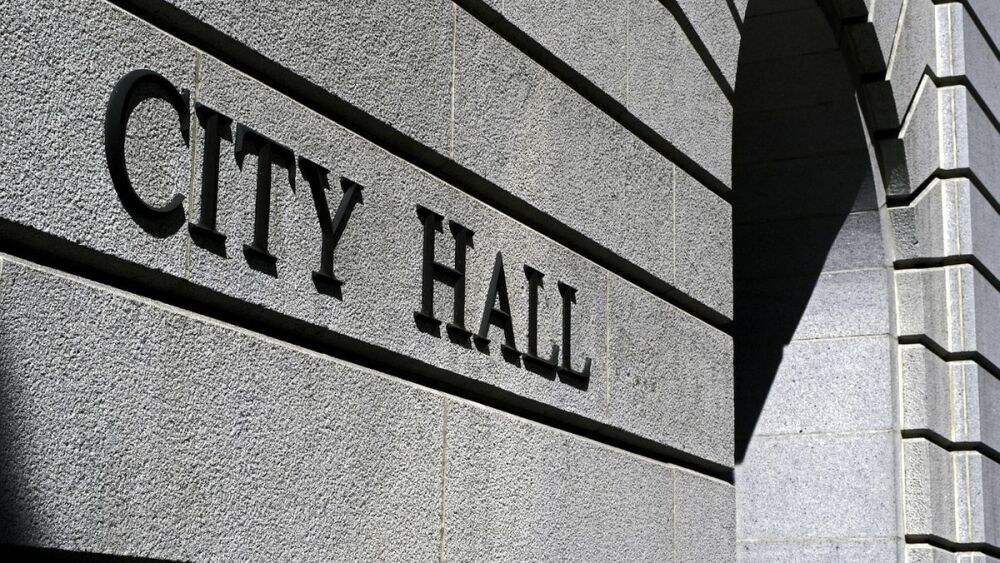By David Benady
The Guardian
The world’s burgeoning population is converging on urban areas, so improving the management of cities is a huge challenge for the future. Fortunately, city leaders have a whole new set of tools at their disposal. The internet of things, with sensors embedded into the urban infrastructure, promises to help local authorities improve management of everything from traffic congestion to social care. Cities are now vying to get ahead in the race to connect their infrastructure to the internet.
To discuss the way forward for the smart city revolution, the Guardian brought together experts in city planning and technology for a roundtable discussion, which was sponsored by the IT company Cisco. The panel looked at ways policy makers could boost the technology in cities and ensure that the benefits are enjoyed by all citizens.
The roundtable heard that from Milton Keynes and Bristol to Barcelona and Vienna, cities are competing to outsmart each other, for example, by using the latest technology to direct drivers to vacant parking spaces or advise asthma sufferers when air pollution is likely to get critical. But there are huge roadblocks to creating these connected cities of the future. Who will coordinate smart city technology given that it crosses so many different areas, from roads to social care? How will this all be paid for? And will these moves get the support of citizens?
Read full coverage here.


